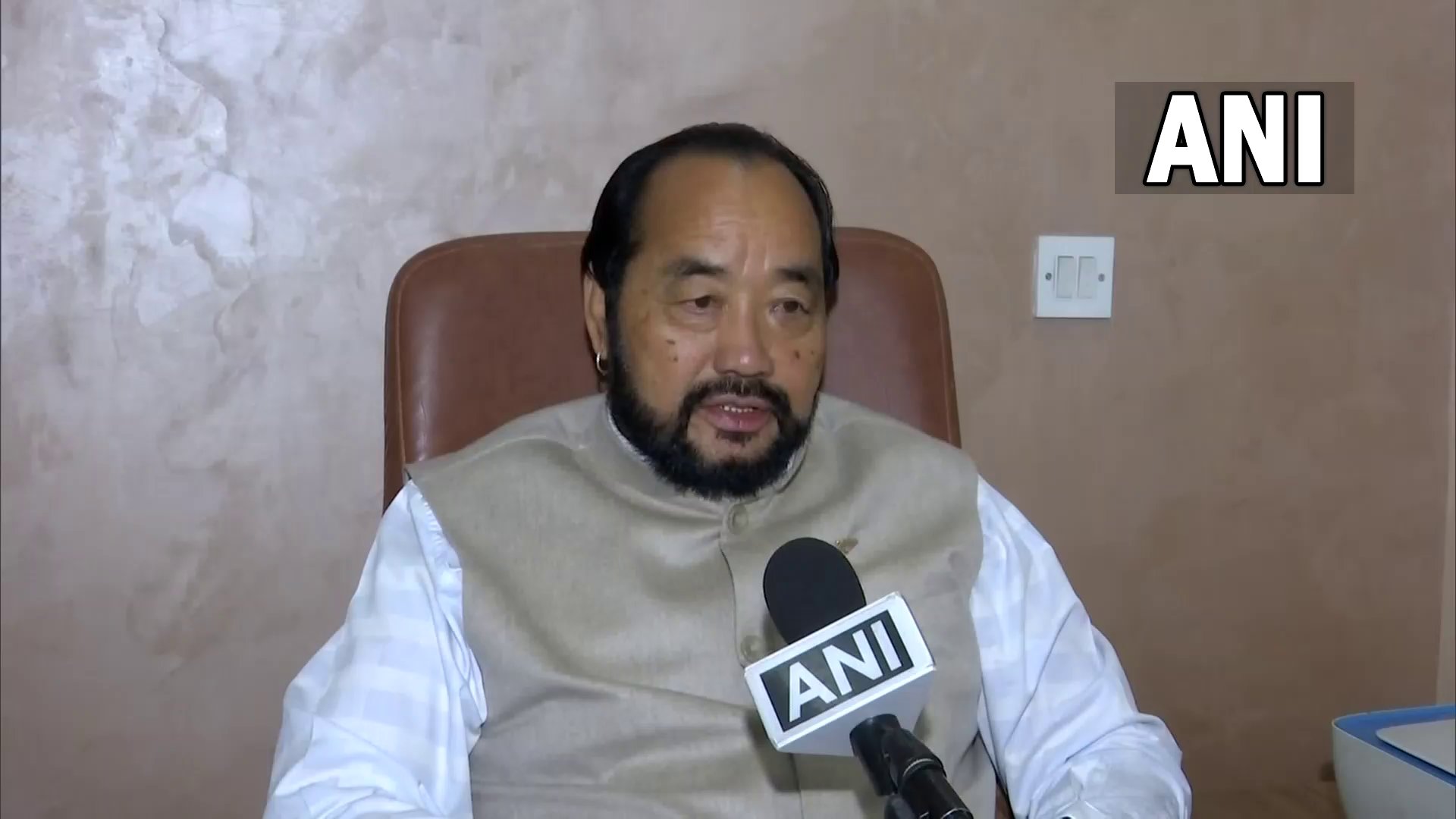
Nagaland: Govt to consult tribal bodies, civil society before signing oil MoU with Assam

The Nagaland government has decided not to go ahead with signing any MoU with Assam on oil exploration before a final consultation is held with stakeholders and tribal bodies of the area, Deputy Chief Minister Y Patton said.
Patton said this while replying to queries from journalists on Thursday (May 4) on the stand of the state government on objections raised by various tribal organisations and also Naga underground groups on the proposed signing of Memorandum of Understanding (MoU) on oil exploration with Assam government along the Disturbed Area Belt (DAB) of the two states.
“The government will hold a consultative meeting with all stakeholders before signing the MoU with Assam government,” he said.
Consultation to be held with tribal bodies, civil society: Deputy CM
Not only a particular tribe, but consultation will be held with tribal bodies and civil societies of Mon, Longleng, Mokokchung, Wokha, Nuiland, Dimapur, and Peren, the oil-bearing areas of Nagaland, the DyCM said.
Also read: Nagaland govt on slippery ground again, this time due to oil row
The MoU was not yet signed though the Chief Ministers of Nagaland and Assam have agreed in principle, he said, while asserting that unless a thorough discussion was held with the civil societies, that will not be carried out.
Without specifying the date, Patton said the government would hold the consultative meeting soon.
Art 371(A) gives special protection to Nagas on land, other rights
The Lotha Hoho, an apex body of Wokha district which has rich depository of oil in Nagaland, had objected, taking the stand on Article 371(A) of the Constitution which gives special protection to the Nagas on land and other rights. It said the MoU cannot be signed without involvement of the community.
Also read: Neiphiu Rio sworn in for fifth time as Nagaland Chief Minister
As per Article 371(A), land and its resources belong to the people, and not the government in Nagaland.
On the other hand, the Naga political groups, including the NSCN-IM and Working Committee of Naga National Political Groups (NNPGs) composed of at least seven factions, engaged in peace negotiations with the Government of India said that the natural mineral and resources should not be explored without arriving at a final solution to the Naga political issue.
(With agency inputs)

